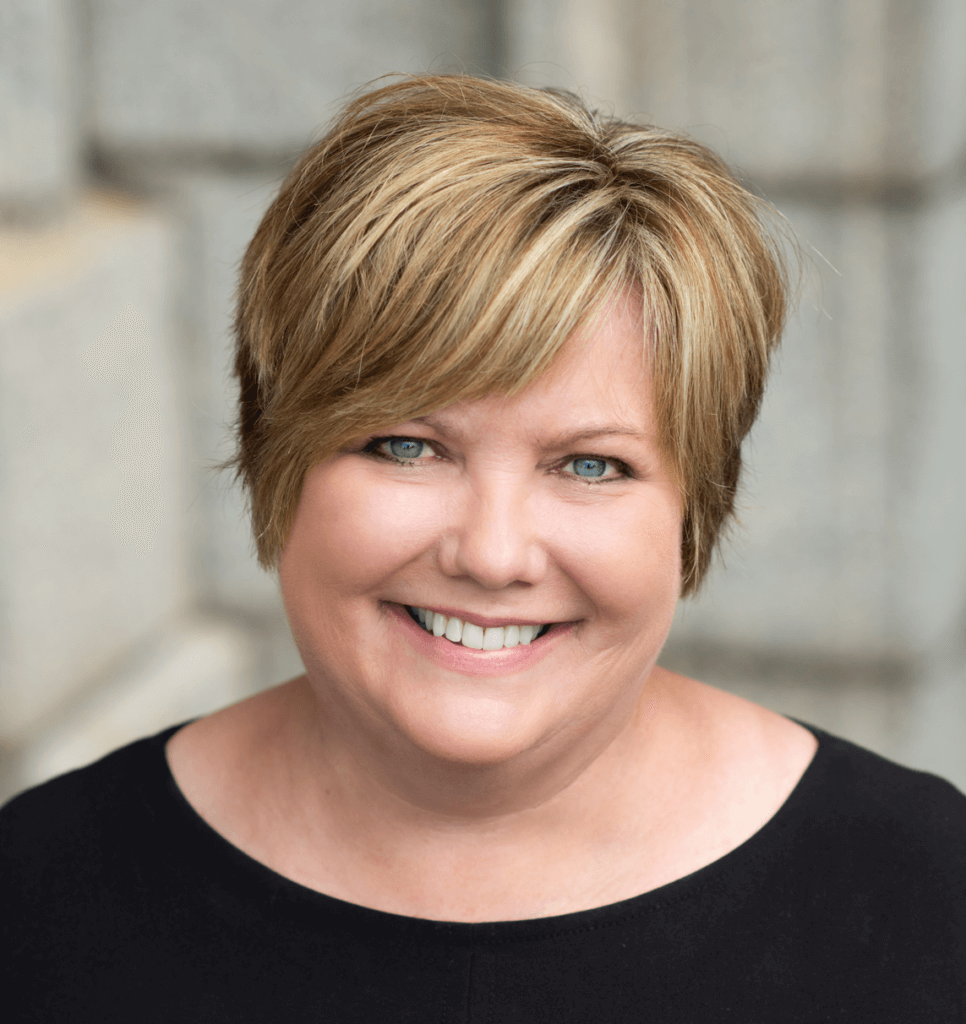
Local unions have been bargaining boldly for better contracts for more than 10 months, and in many places, educators are catching up after years of sacrificing and settling for less than they were worth.
As I write this, about 80% of Education Minnesota’s teacher contracts have reached some kind of agreement. Average salary increases are almost double the historical average.
Thousands of educators, from pre-K to higher education, are getting the biggest raises in their careers. Education support professionals had access to unemployment insurance for the first time last summer.
While I’m proud of the progress, I’m not forgetting the past. Educators are still underpaid compared to similar professions. Health insurers take a larger bite from our paychecks every year. Impossible workloads are burning out too many colleagues.
But there has been enough success that we should refresh our memories about how we got here so we can keep the momentum for the next contract talks.
Gov. Tim Walz and the 2023 Legislature appropriated the largest increase in spending on public education in decades. That’s because pro-education leaders controlled the House, Senate and governor’s residence.
They were in those positions because tens of thousands of union members turned out to volunteer and vote in 2022. The “trifecta” wouldn’t have happened without labor, and Education Minnesota is the largest union in the state.
When those leaders took office, they turned their values into budgets. You don’t have to agree with everything they did, said, or did not do, to acknowledge their extraordinary commitment to students and educators.
The wins at the bargaining tables in 2023-2024 flowed from the wins at the ballot boxes in 2022. Our ability to negotiate even better contracts and secure more pension investments in 2025 will depend on our election success this fall.
But I still hear from leaders who say they are of the contracts they negotiated this cycle—but wish our union would get out of electoral politics.
Another dangerous narrative I’ve heard recently was summed up by an old friend who sent me a text: “I think our union has lost its way and we’re spending too much time on the students of Minnesota.”
I disagree. As our members have repeatedly said, there is no clear line between advocating for students and educators. We need worksites in which students and educators can both thrive.
Fixing the staffing shortage through better pay, pensions and health care is a top priority right now because members said a well-supported, stable and diverse staff is a prerequisite for providing the high-quality education students deserve.
Improving the learning conditions of students benefits the whole school community. When kids are fed and supported, the benefits ripple through a building. Addressing problems with student discipline helps everyone.
This intersection of interests is common among unions of caregivers. There’s a reason the Minnesota Nurses Association chose “Patients. Not Profits,” as its tagline and has made giving nurses a meaningful voice in staffing levels in hospitals a priority.
Is fighting for better quality health care for everyone a patient issue or a nurse issue? Are smaller class sizes and students’ freedom to read educator issues or student issues?
When students win, we win, too. When our friends in elected office do something popular, it makes them better advocates for the rest of our shared agendas.
In the past year, educators have made progress backfilling decades of insufficient state funding for public education and pensions, but it’s not enough. We have more elections to win in 2024 and contracts to sign in 2025.
We will keep going forward and we will get there…
Together,
Denise Specht
Twitter: @DeniseSpecht


